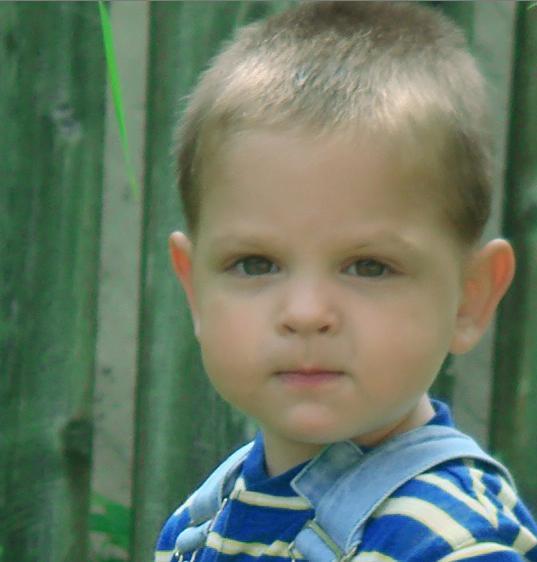The selective mutism occurs in children between 5 and 8 years old. It is characterized by the inability of the child to speak in certain specific social situations; thus, the child speaks normally at home, but not at school or with his classmates. This alteration tends to last at least a month and is not easy to detect early. The selective mutism is a common disorder that usually occurs slightly more often in women than in men. According to specialists on the subject, 90% of these children suffer from a kind of social phobia. Next, we will introduce you, how to know if my child suffers from selective mutism.
This alteration tends to last at least a month and is not easy to detect early. The selective mutism is a common disorder that usually occurs slightly more often in women than in men. According to specialists on the subject, 90% of these children suffer from a kind of social phobia. Next, we will introduce you, how to know if my child suffers from selective mutism.
Steps to follow:
- Selective. The child communicates normally in certain social settings, such as the home. However, in other social situations, such as school, the child does not utter any words. When he is in front of his teammates, he plays without problems, but without saying any kind of word.
- Duration. This alteration lasts at least a month and is not limited to the beginning of the school stage, when most children are shy. Selective mutism can last a few months or even remain for a few years. In the latter case, anxiety symptoms usually evolve to become chronic.
- Personal characteristics. The child who suffers from selective mutism is usually too shy, controlling or negative at home and often throws tantrums for any reason. These children, too, often have difficulties separating from their mother, tend to isolate themselves socially and show a certain degree of social rejection.
- Alternative methods of communication. In several cases, when children are in social situations that generate a high level of anxiety, they usually communicate through gestures or writing on paper in order to be understood by others. However, at other times, he just simply affirms or denies.
- Daily life. Selective mutism affects the daily life of the child since the child presents important social and interpersonal limitations. On many occasions, this alteration is reflected in a school performance that is below adequate. Therefore, early treatment is important to prevent this situation from worsening over time.
- Exclusive. This disorder is not due to a pervasive developmental disorder, a psychotic disorder, but is due to multiple factors. Anxiety in the face of social situations, emotional, behavioral and family aspects have a great influence on the development of this disorder.
This article is merely informative, we do not have the power to prescribe any medical treatment or make any type of diagnosis. We invite you to see a doctor in the case of presenting any type of condition or discomfort.
Tips
- If your child has any of these characteristics, consult a specialist.




